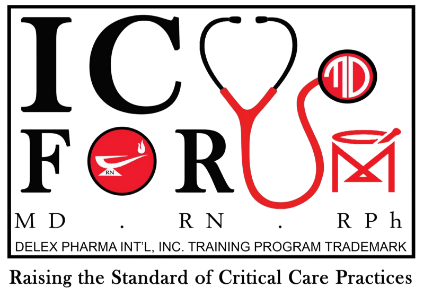
CHATROOM
WHAT WORKS AND WHAT DOES NOT IN ADAPTING TO THE NEW NORMAL
Speaker: Dr. Dennis C. Teo
Nine months ago, we were shocked by the rapid spread of the novel coronavirus, which has brought tremendous havoc globally. Not only does it affect the healthcare industry, but it has immensely led to the shutting down of some small to big enterprises worldwide. It has also challenged how the government responded to the risk management and health system.
With the onslaught of the COVID-19 pandemic, healthcare professionals have developed strategic measures that are significant in adapting to the abrupt change of lifestyle or what we call the “new normal” phase. In relevance to co-existing with the current health plight, Dr. Dennis Teo has provided essential insights during the webinar held last August 26, 2020.
In his virtual discussion, he has mentioned how some other countries have modified and adapted to the new norm. Countries such as Taiwan has responded to the unforeseen calamity. The country has implemented quarantine protocols in January and was able to cluster mass gatherings. It has also activated its Central Epidemic Command Center. With an innovative response, they have launched a computer health program, known as Medicloud. The tool was connected to the immigration system to detect people who need medical attention.
Dr. Teo has also expressed learning points, which are critical actions in containing the spread of the contagious disease. He has noted that there should be a collaborative effort in monitoring tourists and returning residents. Control over resources and contact tracing are also a crucial initiative in minimizing the proliferation of COVID-19 cases. In this predicament, technology or artificial intelligence is a necessity in monitoring people, which several countries have considered and utilized.
Meanwhile, guidelines for caring for COVID-19 patients have been developed by healthcare providers as part of the response initiatives. It involves taking care of the patient and preventing the growth of infected individuals in the household and community. As concerns arise for the welfare of the people around, home isolation should be imposed on the patient. In the case that the coronavirus-positive person loses food appetite, they should be administered with soft and high-calorie foods such as protein shakes and smoothies. Moreover, prioritize the monitoring of the worsening symptoms such as continued fever and severe shortness of breath.
WATCH THE FULL VIDEO and delve deeper into gaining knowledge about what works and what does not in adapting to the new normal by registering!



